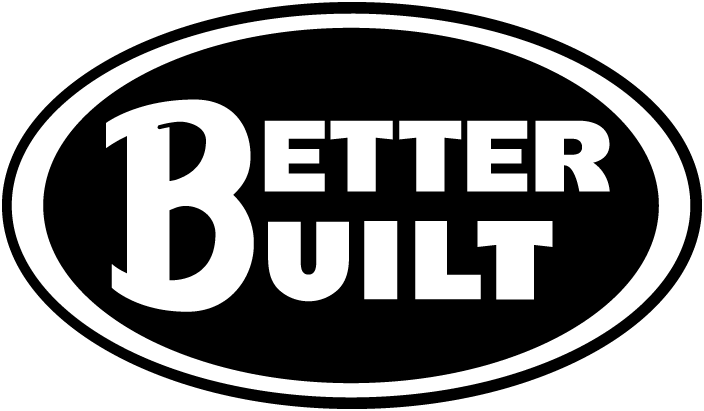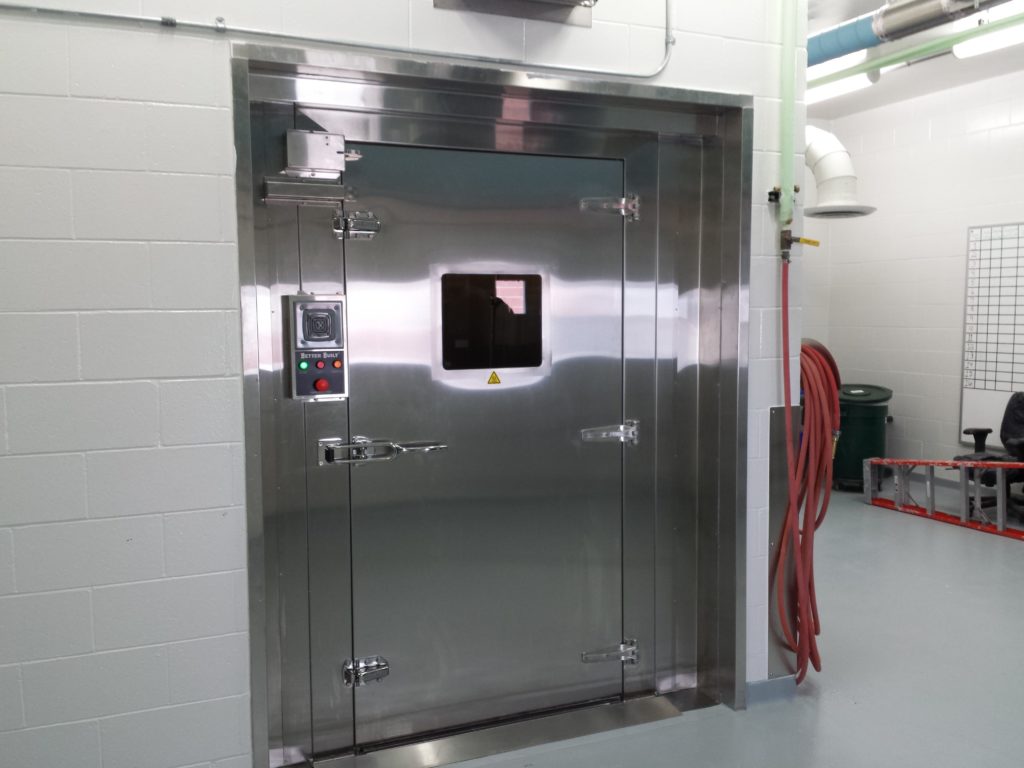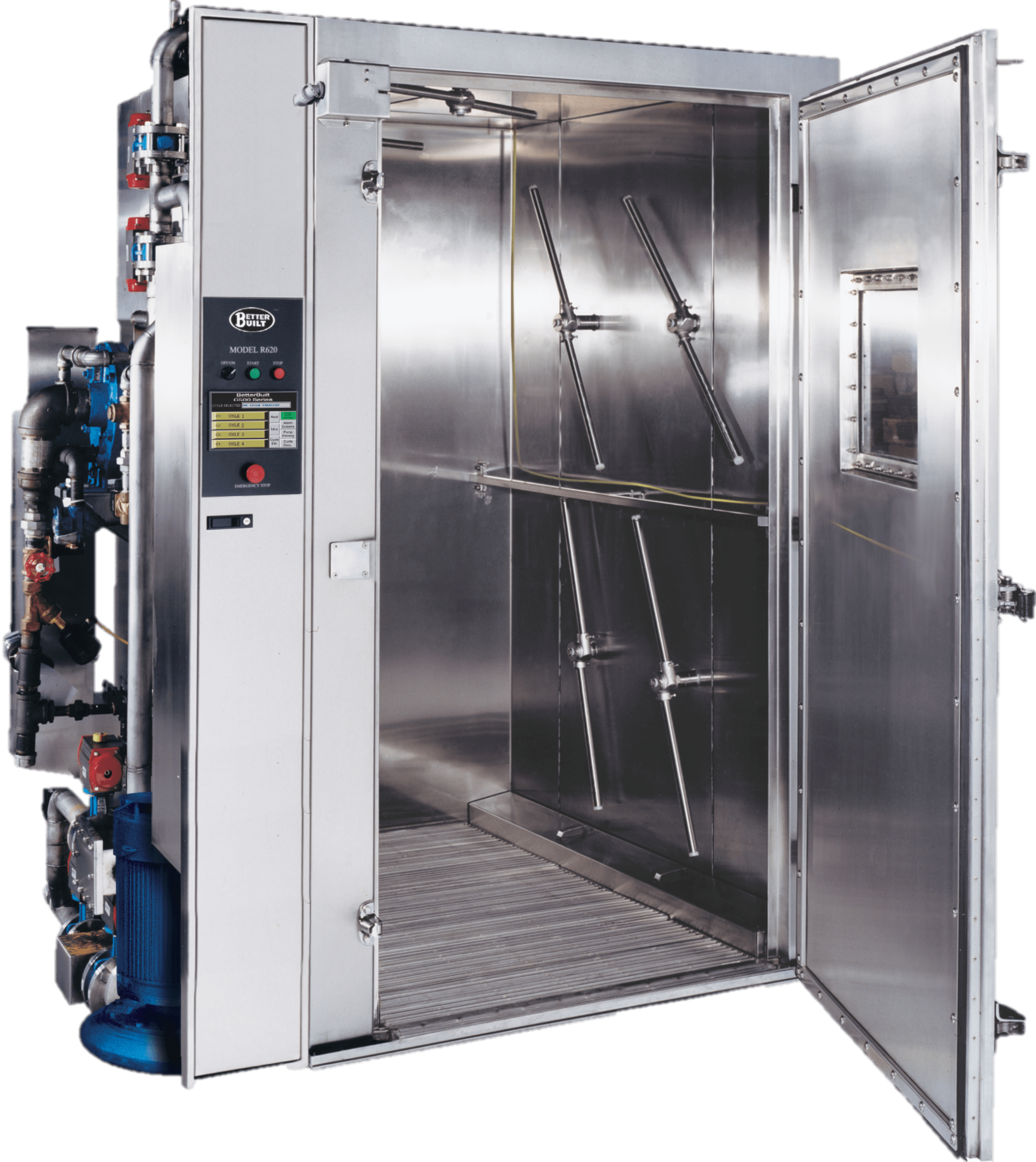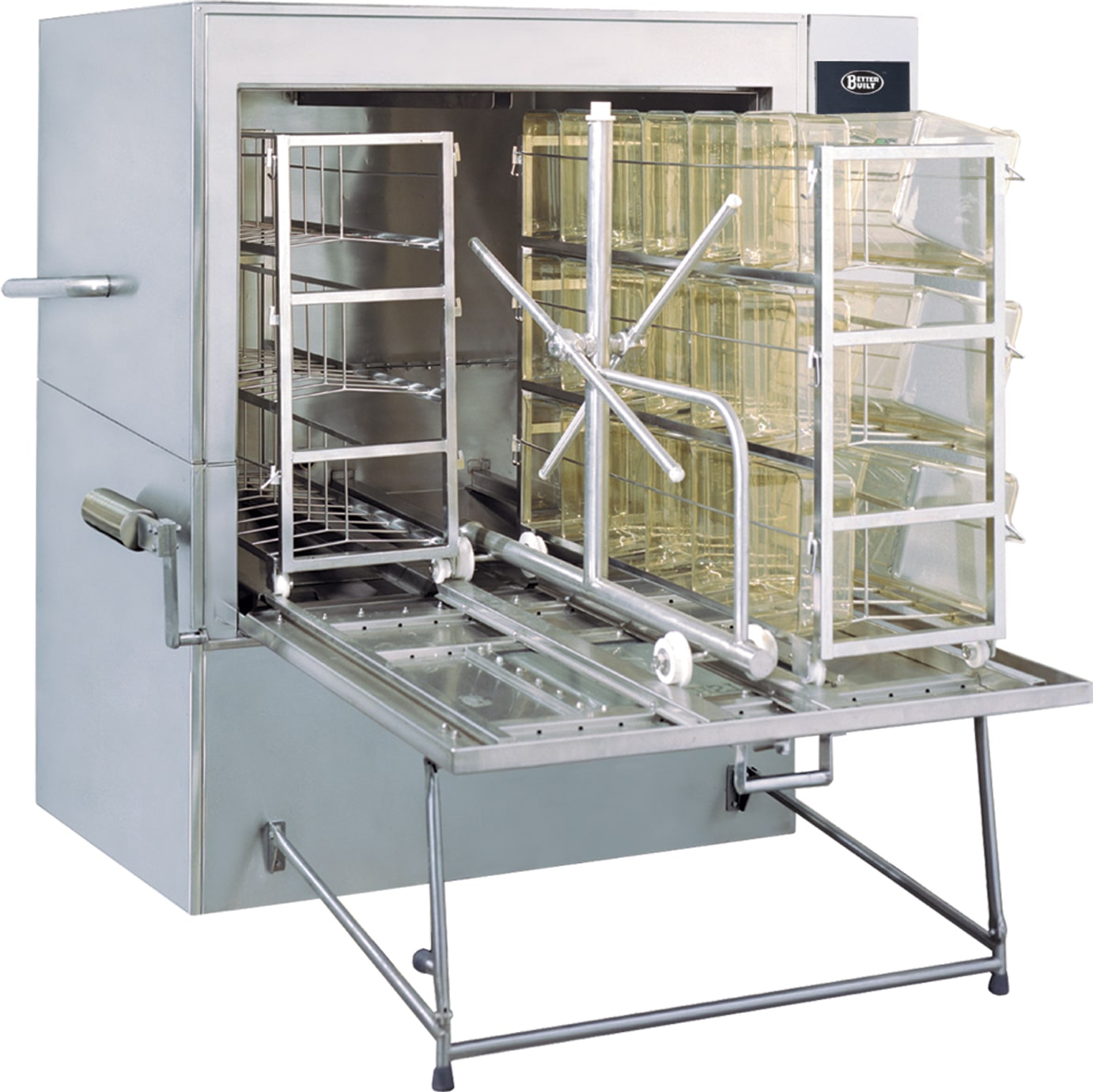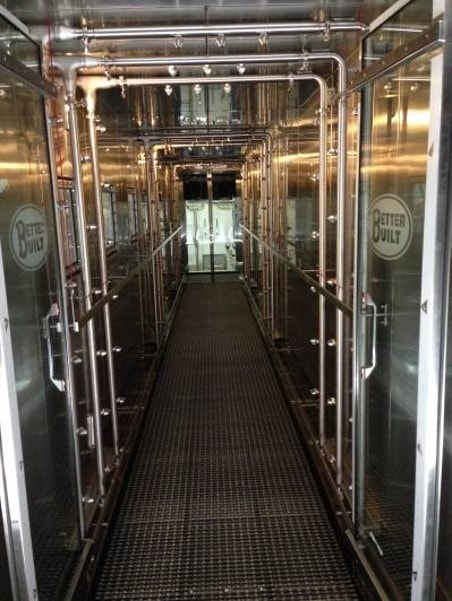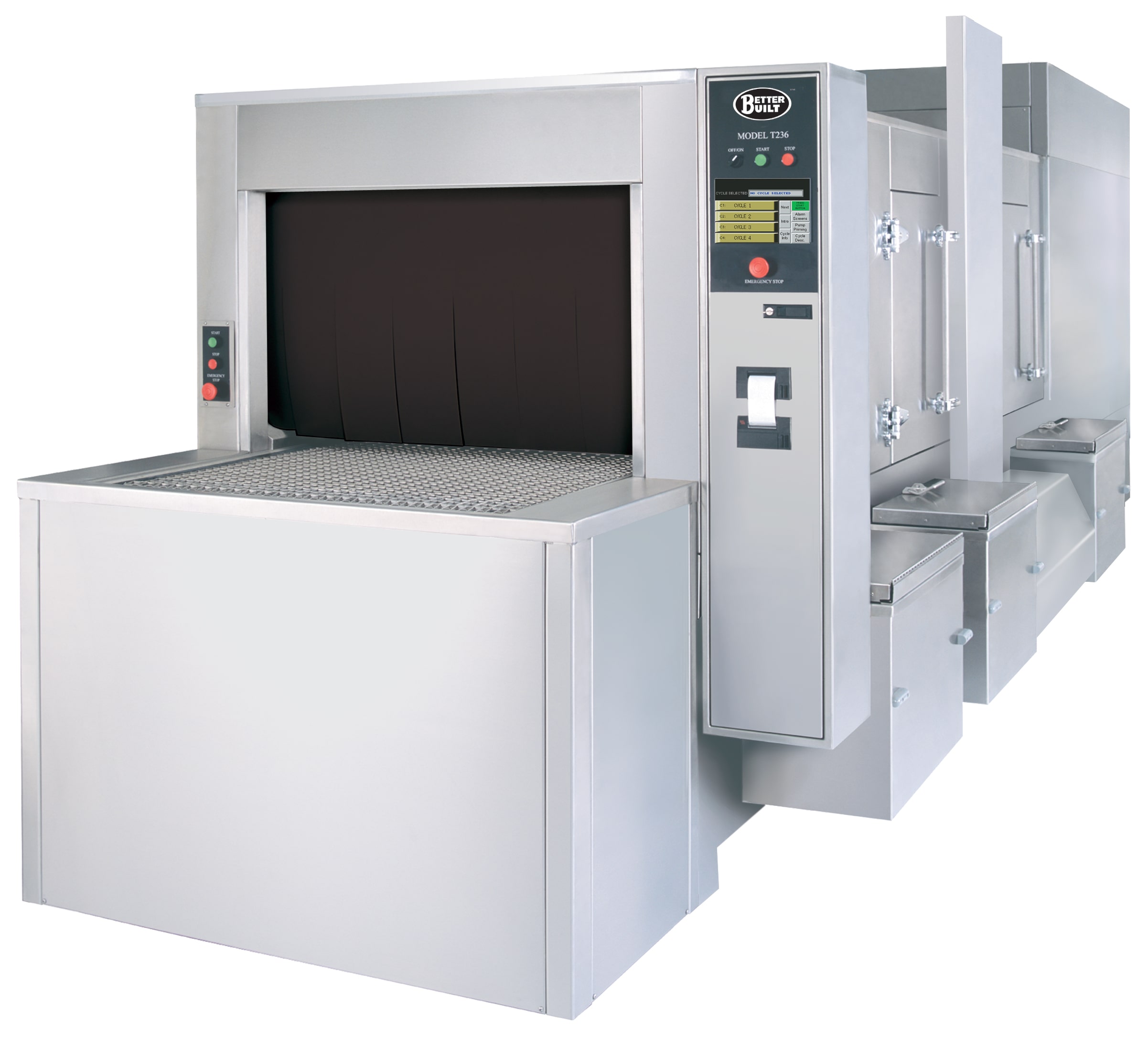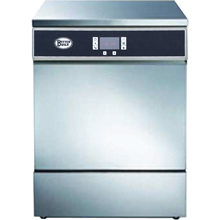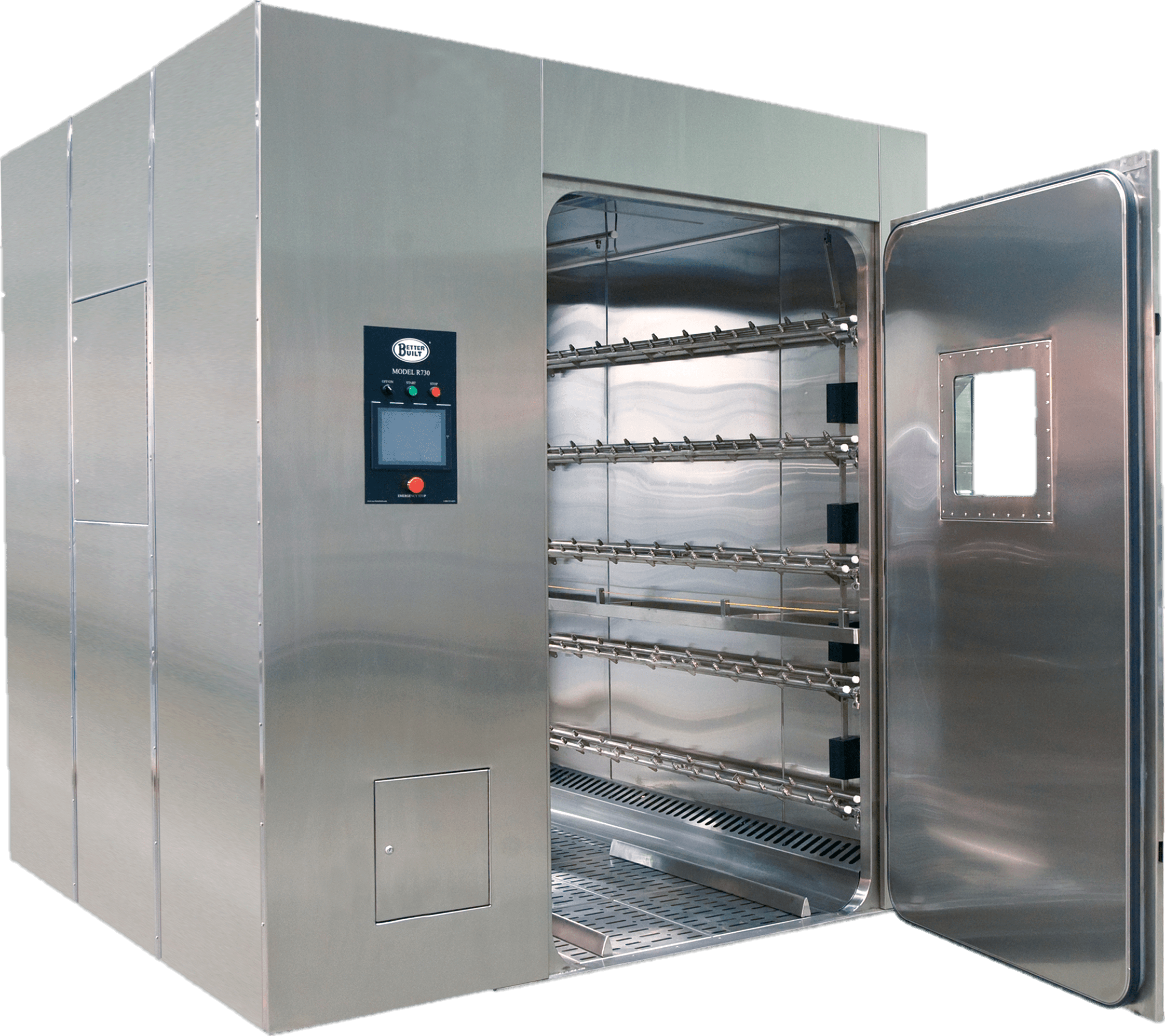According to a recent report, the demand for specialized washing operations in life science and healthcare labs is expected to increase significantly through 2027. This is due to the rapidly growing sample processing needed in both of these industries. Clinical and diagnostic labs have expanded throughout the country – and their equipment needs to be properly cleaned quickly for faster operations.
Sanitation is of crucial importance in life science and healthcare laboratories. But a one-size-fits-all washing operation approach is not conducive for these facilities. All of the equipment used requires special care during the cleaning process to prevent it from being damaged in any way.
Additionally, different lab materials have varying sanitation requirements. For instance, lab glassware that is used for corrosive or dangerous chemical solutions must be handled carefully yet also cleaned extremely thoroughly. For this purpose, lab glassware washers often have specific temperature settings for decontamination.
But there is much more than just glassware that both life sciences and healthcare labs need to clean. There are additional types of washers used in these facilities that are designed to thoroughly sanitize all types of lab materials.
Let’s discuss.
1. Cage And Rack Washers
Many life science facilities have animal research programs featuring different types of cages. Animal cages must be thoroughly cleaned regularly to prevent contamination.
Some facilities handwash their cages, however, this is extremely time-consuming and laborious work. Technicians can easily mishandle cages and overlook spots.
A cage washer is a far more effective solution as it uses powerful rotary or oscillating spray nozzles for high-pressure washes. This ensures that all parts of the cages are thoroughly cleaned with water and chemical solutions for ensured sanitization.
Additionally, a cage washer is an extremely efficient washing solution. For instance, the R730 cage washer can clean up to 100 standard mouse cage bottoms in approximately 10 minutes.
2. Cage And Bottle Washers
Animal research facilities in the life science industry also require smaller cage and bottle washing units. These washers are ideal for facilities with lower throughput requirements or can be used as a backup washer in larger cage washrooms.
A cage and bottle washer can be provided with different spray technology including rotating spray arms to ensure comprehensive coverage. Many cage and bottle washers, like the C500 Series, are designed to sanitize both cages and bottles. This particular model can hold up to 72 mouse cage bottoms or 6 bottle baskets per cycle.
3. Conveyorized Rack Washers
Some animal research facilities require maximum through put of mobile racks and carts, typically this is a facility with an automation system required for process rodent caging. Various types of racks and carts used in the transport of soiled and clean cages are swiftly processed through a conveyorized rack washer.
These washers are a combined technology of rack washer and tunnel washers designed for high volume and continuous operation. Washing cycles can be adjusted depending on sanitation requirements. Debris removed during the washing process is collected through filtered baskets for easy removal on the service side. Most offer energy efficiency options which also reduce water consumption.
The R690C uses a conveyorized system to process racks quickly and efficiently. Technicians can load mobile racks and carts which are transported through wash, rinse, and final rinse chambers providing.
4. Tunnel Washers
Tunnel washers can be used by life science laboratories during the care and housing of research animals and in other industrial operations requiring continuous output. This type of washer uses a conveyor belt so materials such as cages, bottles, and enrichment items are easily load and unloaded. Some washers can be integrated with additional equipment such as soiled and clean bedding handling systems.
The T200 Series tunnel washer is specifically designed for easy use and efficient operations. It includes a PLC microprocessor to select various washing cycles, set washing temperatures, and pause cycles as needed. The in-line instantaneous energy saving heat exchanger decreases steam consumption and reduces cold water usage.
5. Glassware Washers
Lab glassware washers are designed for cleaning and disinfecting lab glassware and other materials found in life science, laboratory, pharmaceutical and healthcare industry. These washers use high-temperature water and liquid chemical detergent to ensure complete sanitization and disinfection.
Some lab glassware washers have steam condensers and forced air drying systems to ensure stringent cleaning protocols are met. Accessories such as interchangeable racks and lab material holders can be added for specific equipment types.
There are various styles of lab glassware washers that are designed for washing operations in labs of all shapes and sizes. Smaller models can even fit underneath countertop spaces.
6. Cart And Utensil Washers
Material handling carts, case carts, and other utensils also require thorough cleaning. Cart and utensil washers are typically part of the central sterile processing department of a hospital or healthcare facility.
These heavy-duty washers have floor loading chambers so that material handling carts can be rolled directly into the washer.
Oscillating spray systems or overlapping rotary spray arms provide thorough coverage throughout the chamber. The washing pattern can be customized, depending on the type of equipment in the chamber. Some models, such as the R740, use a recirculating drying system to quickly clean and dry all equipment for efficient washing operations.
Conclusion
Life science and healthcare facilities must have the proper cleaning equipment for all of their materials. Handwashing or generalized cleaning washers are not sufficient, especially for specialized lab equipment such as animal research caging and surgical instruments.
If your healthcare or life science lab needs specialized washing systems or other solutions, please contact BetterBuilt. Our products are designed for sterile processing and cleaning. We also offer customized solutions as needed. We can help you find the exact washers made to fit your lab’s needs and specifications.
